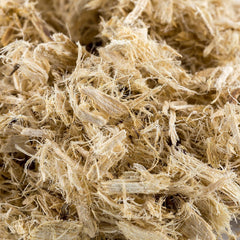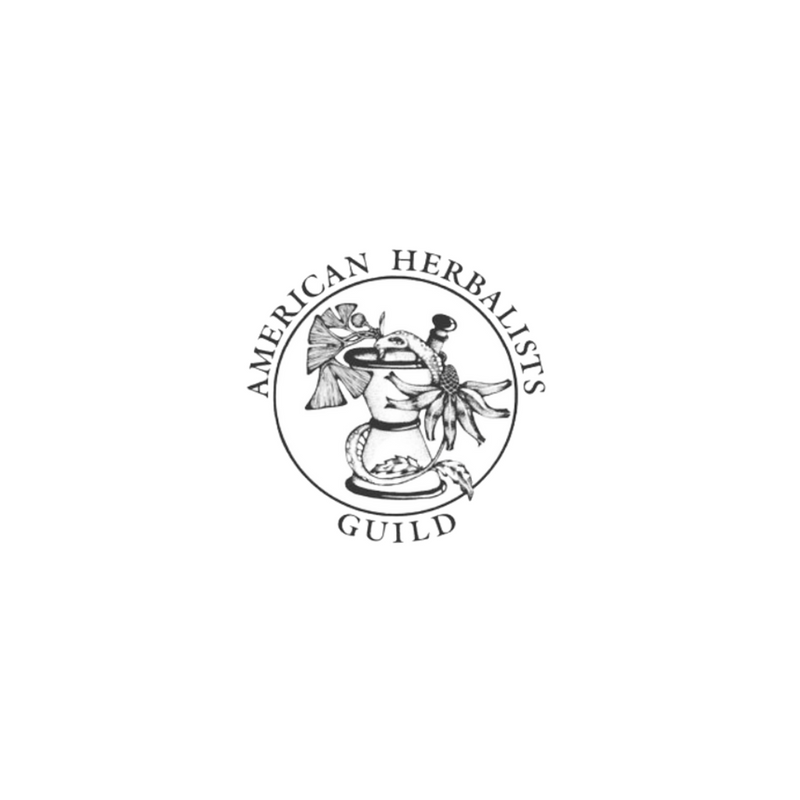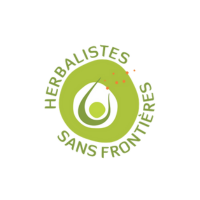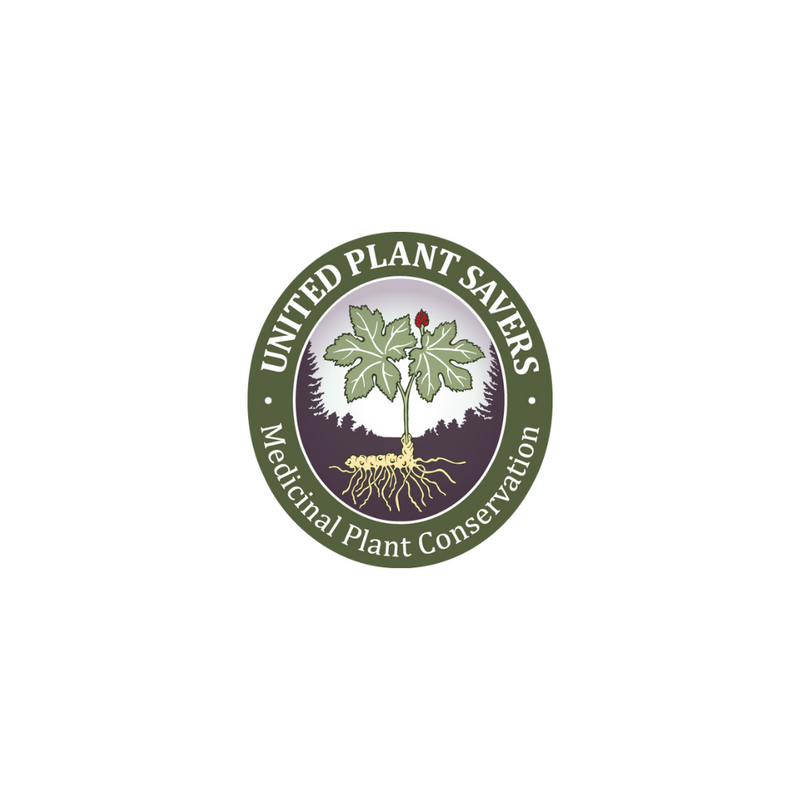
Plant Ally: Slippery Elm
Share
I became familiar with Slippery Elm through mass marketed lozenges and teas, all marketed to sore throats. It is an amazing tree that gifts us medicine through its inner bark. (Herbalist fact: whenever you see barks or root barks being used as herbal medicine, it's likely indigenous wisdom incorporated into western herbalism (which has its roots in Europe).
 It's what herbalists call a demulcent (which tends to have natural sweetness and moistening properties- perfect for dry sore throats!). It is also so very soothing for upset stomachs and people with ulcers, and many take it powdered with hot water and make a delicious porridge that helps heal the gut.
It's what herbalists call a demulcent (which tends to have natural sweetness and moistening properties- perfect for dry sore throats!). It is also so very soothing for upset stomachs and people with ulcers, and many take it powdered with hot water and make a delicious porridge that helps heal the gut.
At Haven Herbs, we have three products that contain Slippery Elm: Slippery Elm Lozenges (for dry, irritated, and sore throats), Digest-Eze Capsules (for diverticulitis, ulcers, and other inflamed areas/issues in the gut), and one of Iderah's Chakra Teas: Manipura.
 Unfortunately, Slippery Elm is also endangered. Because it is a tree, harvesting too much each year can threaten the species (and that's what short-sighted humans tend to do). And because of Dutch Elm disease, we have lost quite a bit of our wild trees. So when you buy slippery Elm products, make sure you get them from sources that certify their sustainability, like Haven Herbs. We do not buy wild harvested bark- only cultivated trees as per the recommendations of United Plant Savers. And we do not use it in our Tummy Tamer tisane, opting instead of a sustainable replacement, Marshmallow root.
Unfortunately, Slippery Elm is also endangered. Because it is a tree, harvesting too much each year can threaten the species (and that's what short-sighted humans tend to do). And because of Dutch Elm disease, we have lost quite a bit of our wild trees. So when you buy slippery Elm products, make sure you get them from sources that certify their sustainability, like Haven Herbs. We do not buy wild harvested bark- only cultivated trees as per the recommendations of United Plant Savers. And we do not use it in our Tummy Tamer tisane, opting instead of a sustainable replacement, Marshmallow root.
 It's what herbalists call a demulcent (which tends to have natural sweetness and moistening properties- perfect for dry sore throats!). It is also so very soothing for upset stomachs and people with ulcers, and many take it powdered with hot water and make a delicious porridge that helps heal the gut.
It's what herbalists call a demulcent (which tends to have natural sweetness and moistening properties- perfect for dry sore throats!). It is also so very soothing for upset stomachs and people with ulcers, and many take it powdered with hot water and make a delicious porridge that helps heal the gut.At Haven Herbs, we have three products that contain Slippery Elm: Slippery Elm Lozenges (for dry, irritated, and sore throats), Digest-Eze Capsules (for diverticulitis, ulcers, and other inflamed areas/issues in the gut), and one of Iderah's Chakra Teas: Manipura.
 Unfortunately, Slippery Elm is also endangered. Because it is a tree, harvesting too much each year can threaten the species (and that's what short-sighted humans tend to do). And because of Dutch Elm disease, we have lost quite a bit of our wild trees. So when you buy slippery Elm products, make sure you get them from sources that certify their sustainability, like Haven Herbs. We do not buy wild harvested bark- only cultivated trees as per the recommendations of United Plant Savers. And we do not use it in our Tummy Tamer tisane, opting instead of a sustainable replacement, Marshmallow root.
Unfortunately, Slippery Elm is also endangered. Because it is a tree, harvesting too much each year can threaten the species (and that's what short-sighted humans tend to do). And because of Dutch Elm disease, we have lost quite a bit of our wild trees. So when you buy slippery Elm products, make sure you get them from sources that certify their sustainability, like Haven Herbs. We do not buy wild harvested bark- only cultivated trees as per the recommendations of United Plant Savers. And we do not use it in our Tummy Tamer tisane, opting instead of a sustainable replacement, Marshmallow root.




